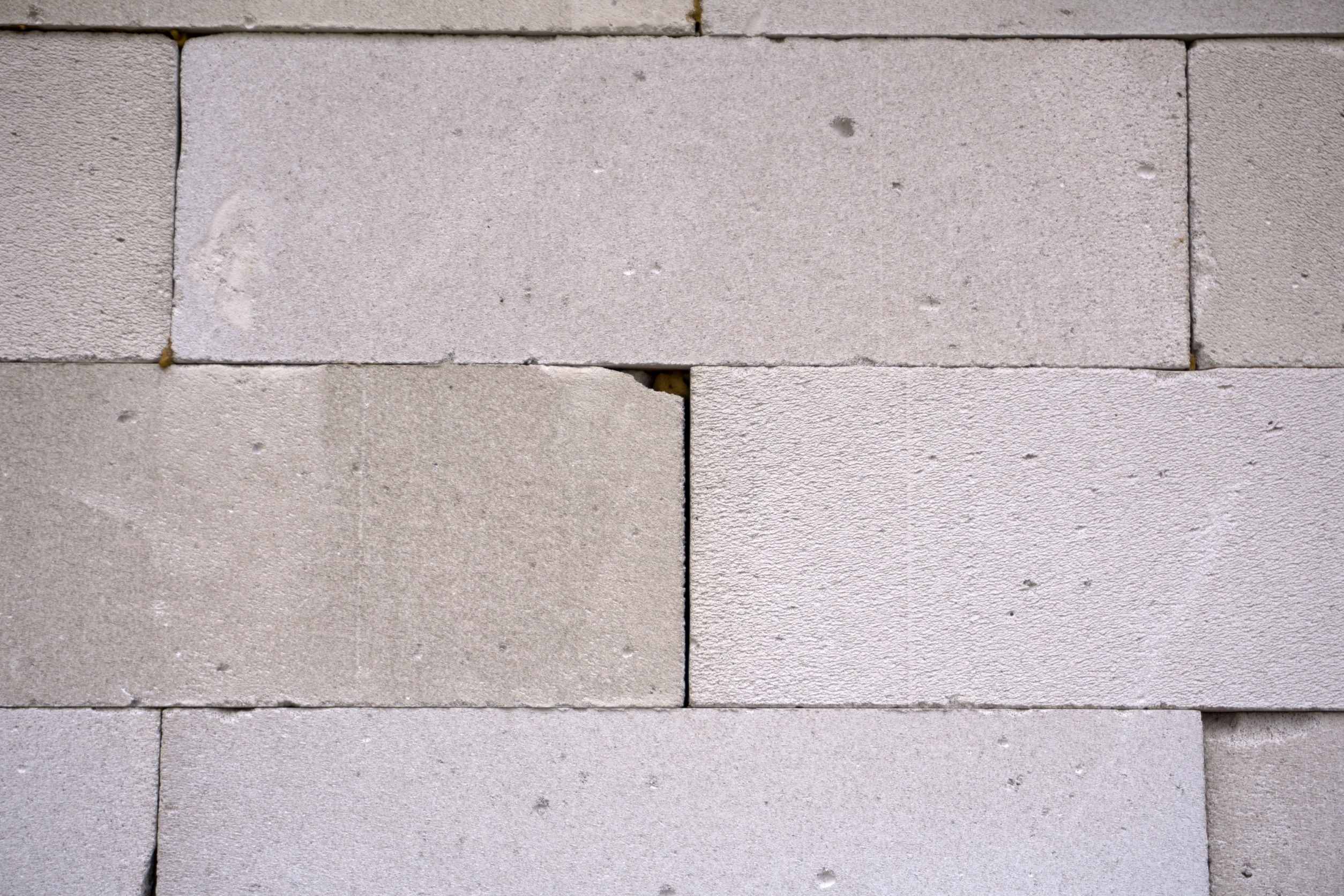It’s easy to toss plastic wrap, wilted greens, or a mushy apple in the trash without considering the resources that were required to get them to you or what happens to them after they leave your home. A typical trip to the grocery store is so far removed from the land, water, and energy that created the products on the shelves, we are quick to forget the true cost of the items we buy. But if we truly want to minimize our environmental footprint, the best thing we can do is turn our kitchen into a place for closed-loop cooking. What this means is using the scraps from one project as the foundation for the next. So, for example, you could use those mushy apples (cores and peels included!) to make your own apple cider vinegar. Beyond mushy apples, you can also close the loop in your kitchen by using scraps of vegetables to make soup broth or turning old food containers into something useful such as a DIY perfume spritz. Whatever it is, closed loop cooking can be rewarding for both you and the planet.

Why you should turn your kitchen into a place for ‘closed-loop cooking’
More of Today's Solutions
Stronger concrete, cleaner landfills—how scrap carpet fibers are reinventing ...
BY THE OPTIMIST DAILY EDITORIAL TEAM Concrete is the foundation of modern civilization, but its notorious tendency to crack isn’t just a construction headache—it’s ...
Read MoreInvestigating when our bodies change the fastest and why it matters
BY THE OPTIMIST DAILY EDITORIAL TEAM Aging might seem like a slow, steady march, but science suggests otherwise. If you’ve ever looked in the ...
Read More16-year-old codes speech app to help his nonverbal sister communicate
Families of individuals who have conditions that make it difficult or impossible for them to communicate verbally can attest to the fact that going ...
Read MoreHow aspirin and crop resilience go hand in hand
Did you know that plants have been making aspirin for millions of years? And humans have been using it as far back as Neanderthal ...
Read More










